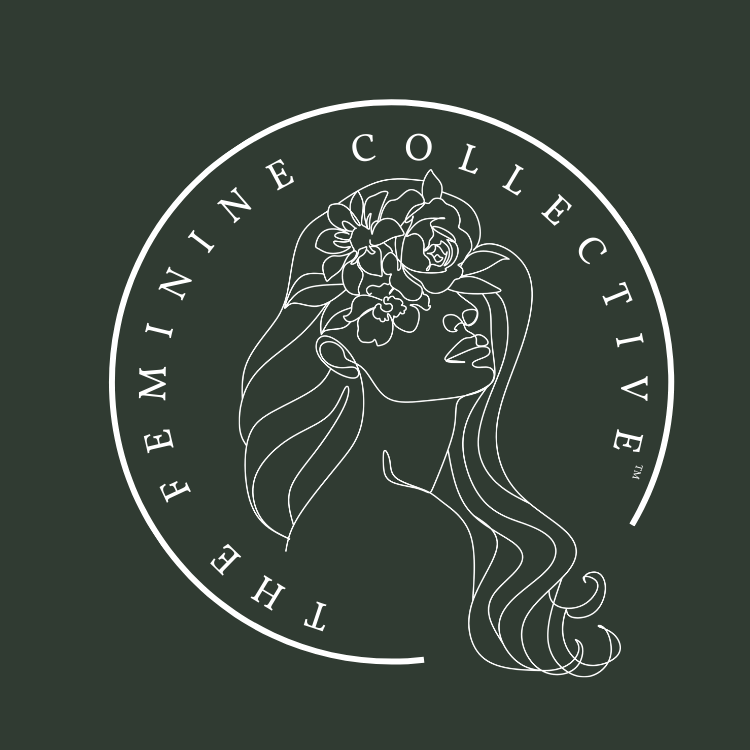
Relationship Recovery
Burnout can have a negative impact on every aspect of our lives, including our relationships. We may feel exhausted, irritable, and disconnected from our partners when we are burned out. We may lack the energy and motivation to nurture our relationships, which can lead to tension and conflict. Recovering from burnout, on the other hand, can be an opportunity to strengthen our relationships and develop a deeper, more meaningful connection with our partners. In this article, we’ll look at how recovering from burnout can improve our relationships, as well as what steps we can take to nurture our relationships as we work toward recovery.
For starters, recovering from burnout can assist us in rediscovering our priorities and values. When we’re exhausted, we may feel overwhelmed and disconnected from ourselves, unable to pinpoint what truly matters to us. However, as we heal, we might rediscover our passions, interests, and values. This can help us understand ourselves and what we want from our relationships, resulting in a stronger sense of connection and fulfillment with our partners.
Second, overcoming burnout can help us improve our communication skills. When we’re tired, we may find it difficult to express ourselves clearly and assertively, which can lead to misunderstandings and conflict with our partners. However, as we recover, we may find that we are more capable of communicating our needs, boundaries, and feelings in a calm and effective manner. This can make it easier to resolve conflicts and build stronger, more trusting relationships with our partners.
Burnout recovery can help us manage stress and anxiety, both of which can be major contributors to relationship problems. When we are burned out, we may experience constant stress and overwhelm, resulting in emotional and physical exhaustion. This can make it difficult to be present and engaged in our relationships, leading to feelings of distance and disconnection from our partners. However, as we recover, we may find that we are better able to manage stress and anxiety, allowing us to be more present and engaged in our relationships, as well as develop a stronger sense of intimacy and connection with our partners.
Recovering from burnout can assist us in developing greater empathy and compassion for our partners. When we are exhausted, we may become irritable, impatient, and easily triggered by our partner’s actions. However, as we heal, we may find ourselves better able to understand and empathize with our partner’s points of view, needs, and emotions. This can assist us in developing a stronger sense of emotional intimacy and connection with our partners, as well as in navigating conflicts and challenges with greater ease and understanding.
So, how can you nurture your relationship while you recover from burnout?
First and foremost, prioritize self-care and well-being. Make sure you’re getting enough rest, exercise, and healthy food, and find stress and anxiety management techniques that work for you. This can help you to be more present and engaged in your relationship, as well as cultivate more emotional and physical intimacy with your partner.
Second, communicate with your partner in an open and honest manner. Be clear about your needs, boundaries, and feelings, and actively listen to your partner’s point of view. This can help you and your partner develop a stronger sense of trust and connection as you navigate the challenges of recovery and relationship-building.
Third, make quality time together a priority. Make time each day or week to connect with your partner, whether through shared activities, conversations, or physical contact. This can aid in the development of a stronger sense of emotional and physical intimacy with your partner, as well as the long-term strengthening of your relationship.
Finally, seek assistance as needed. Recovering from burnout can be a difficult and complex process, so having a supportive network of friends, family, or professionals is essential.




